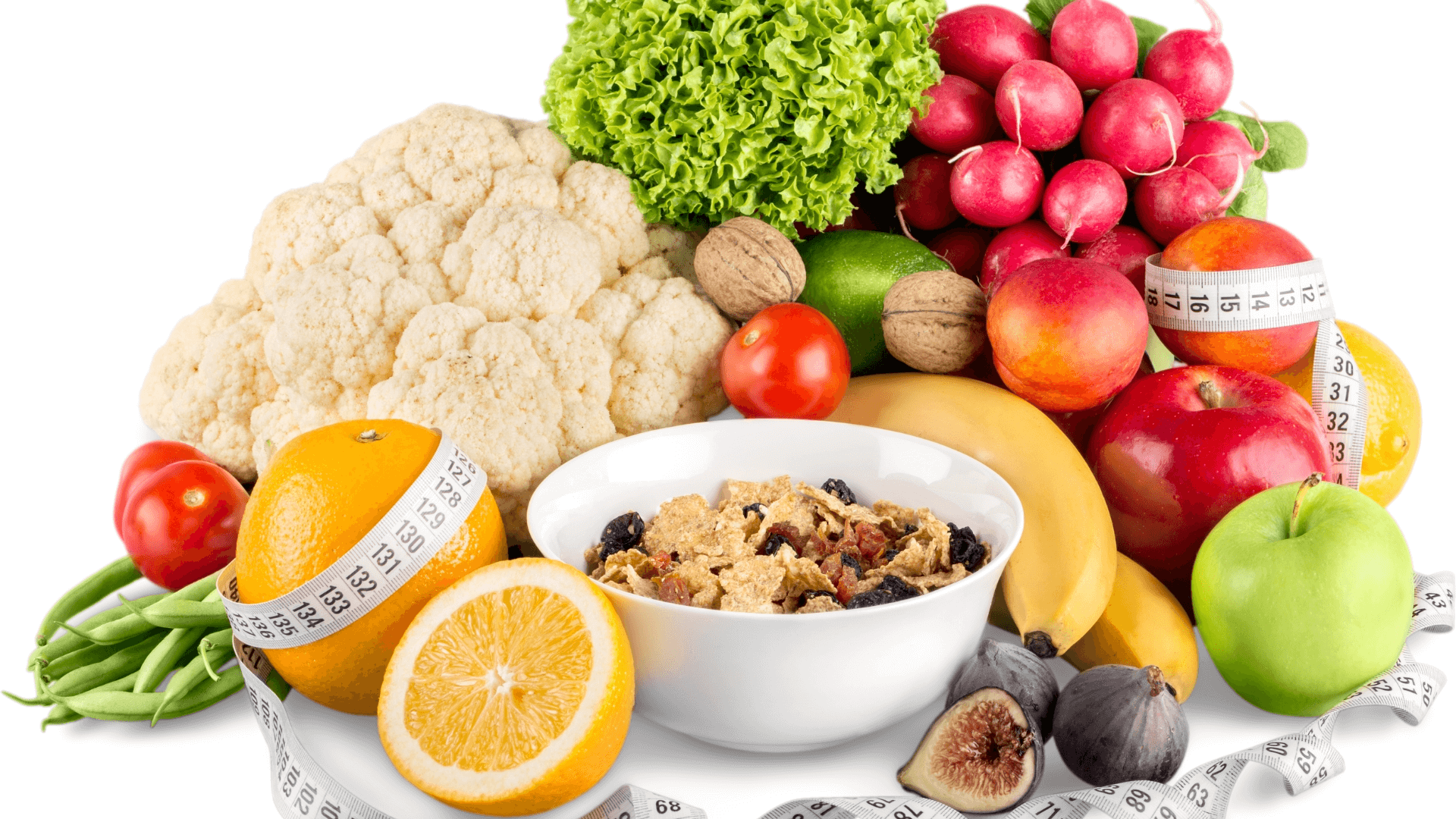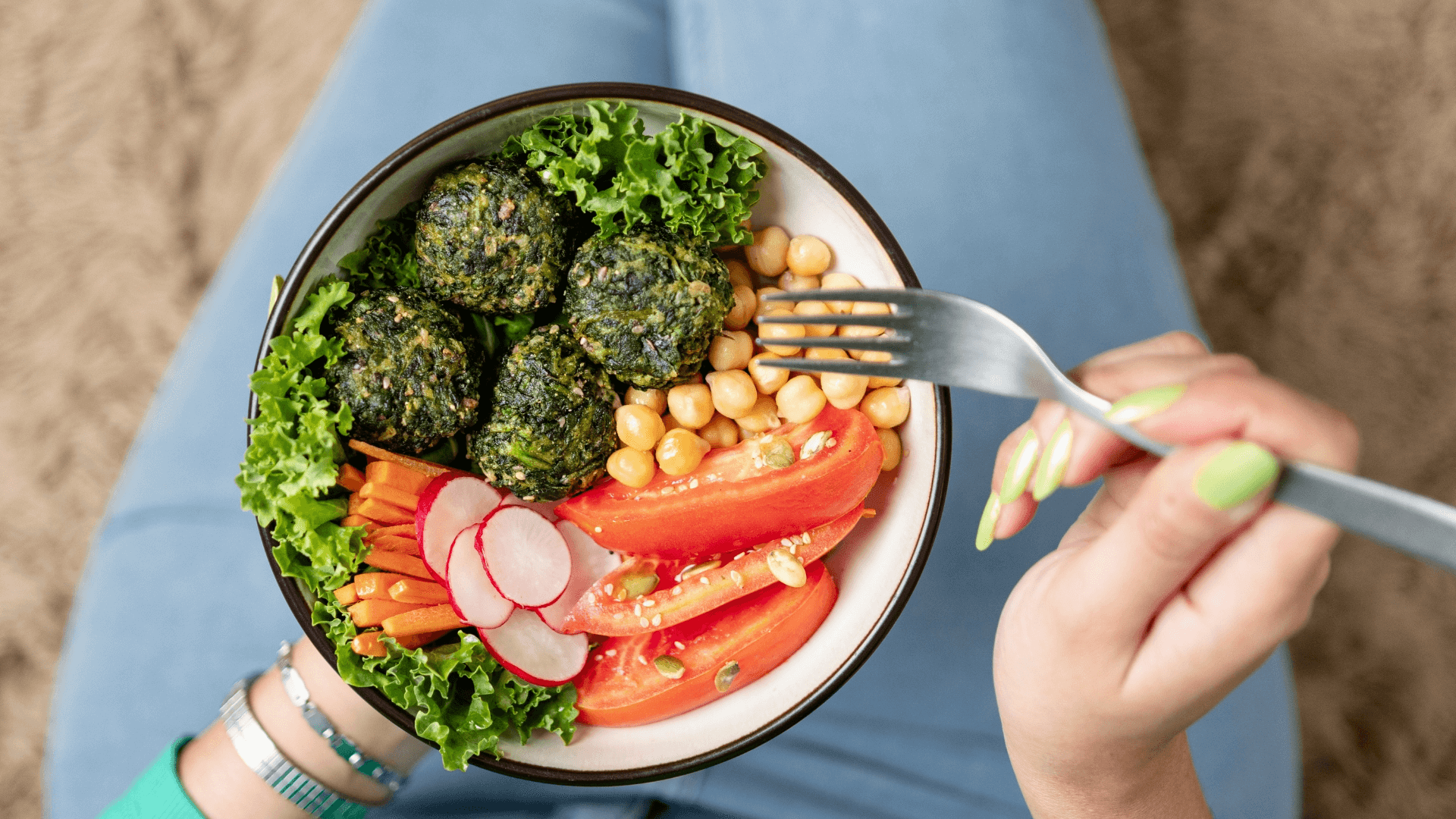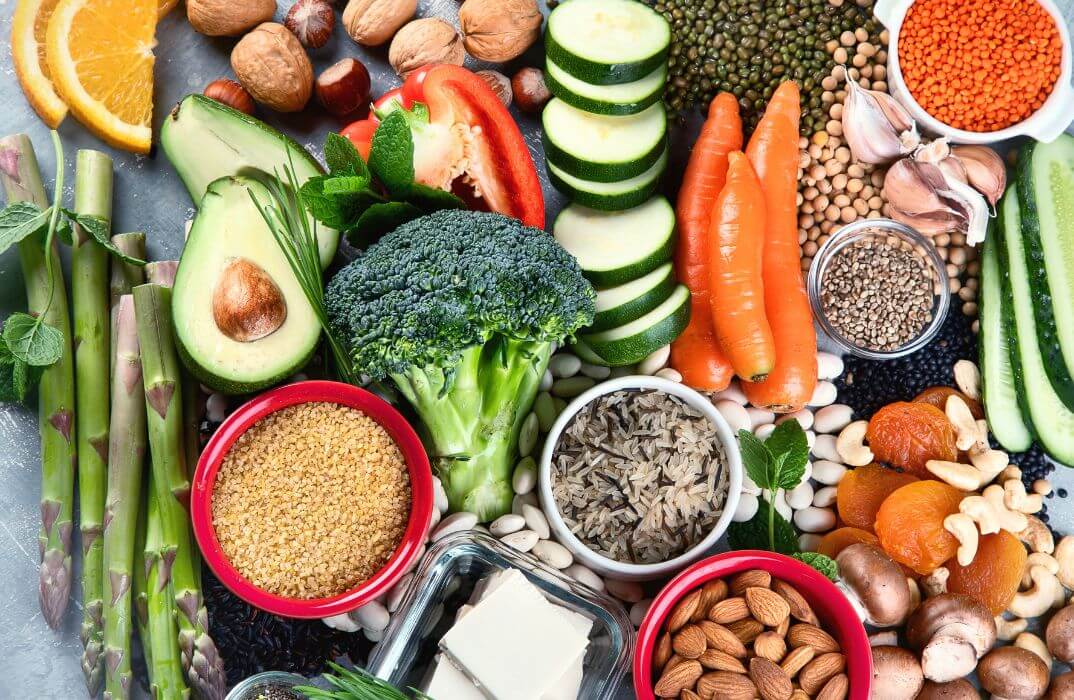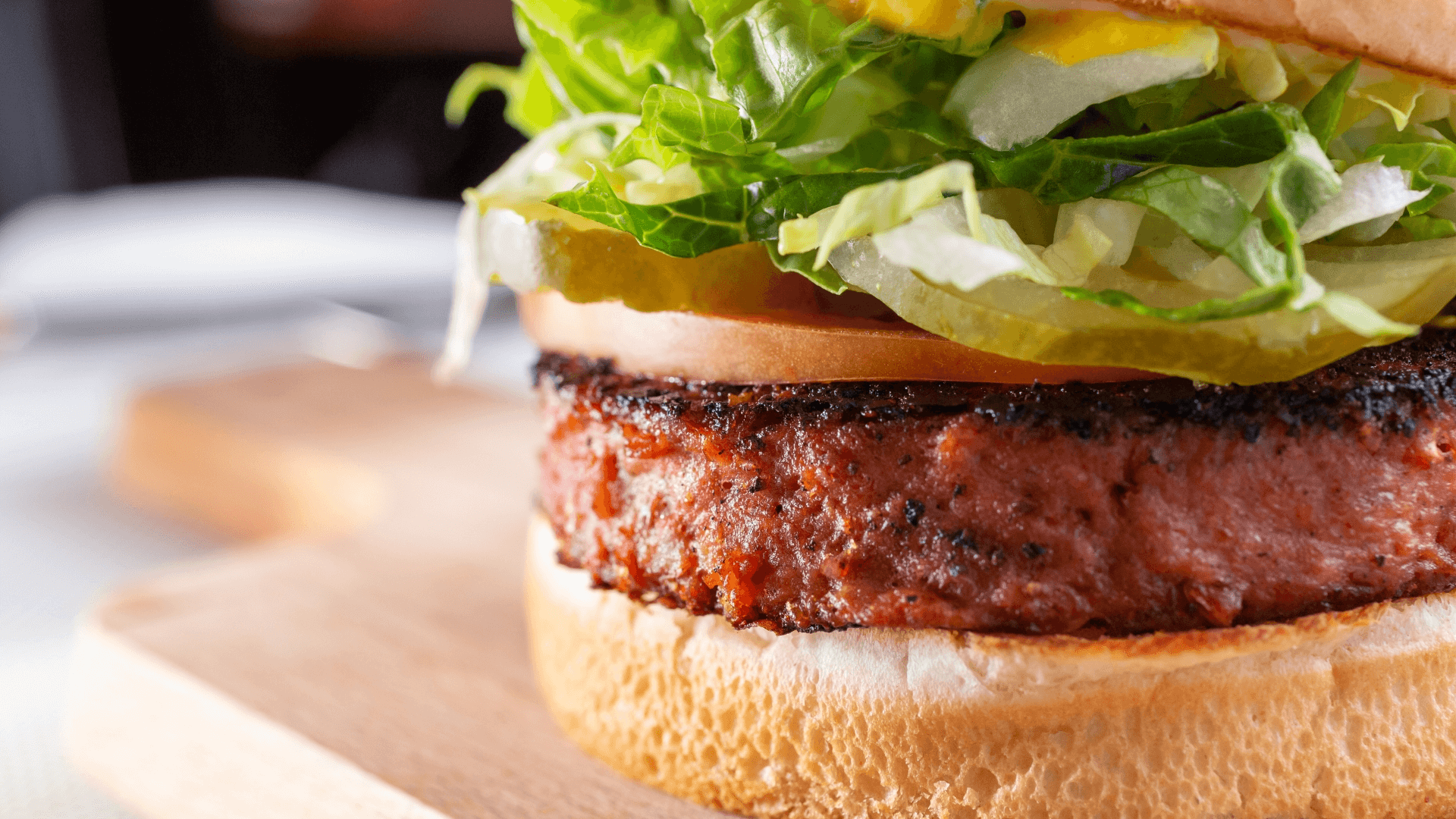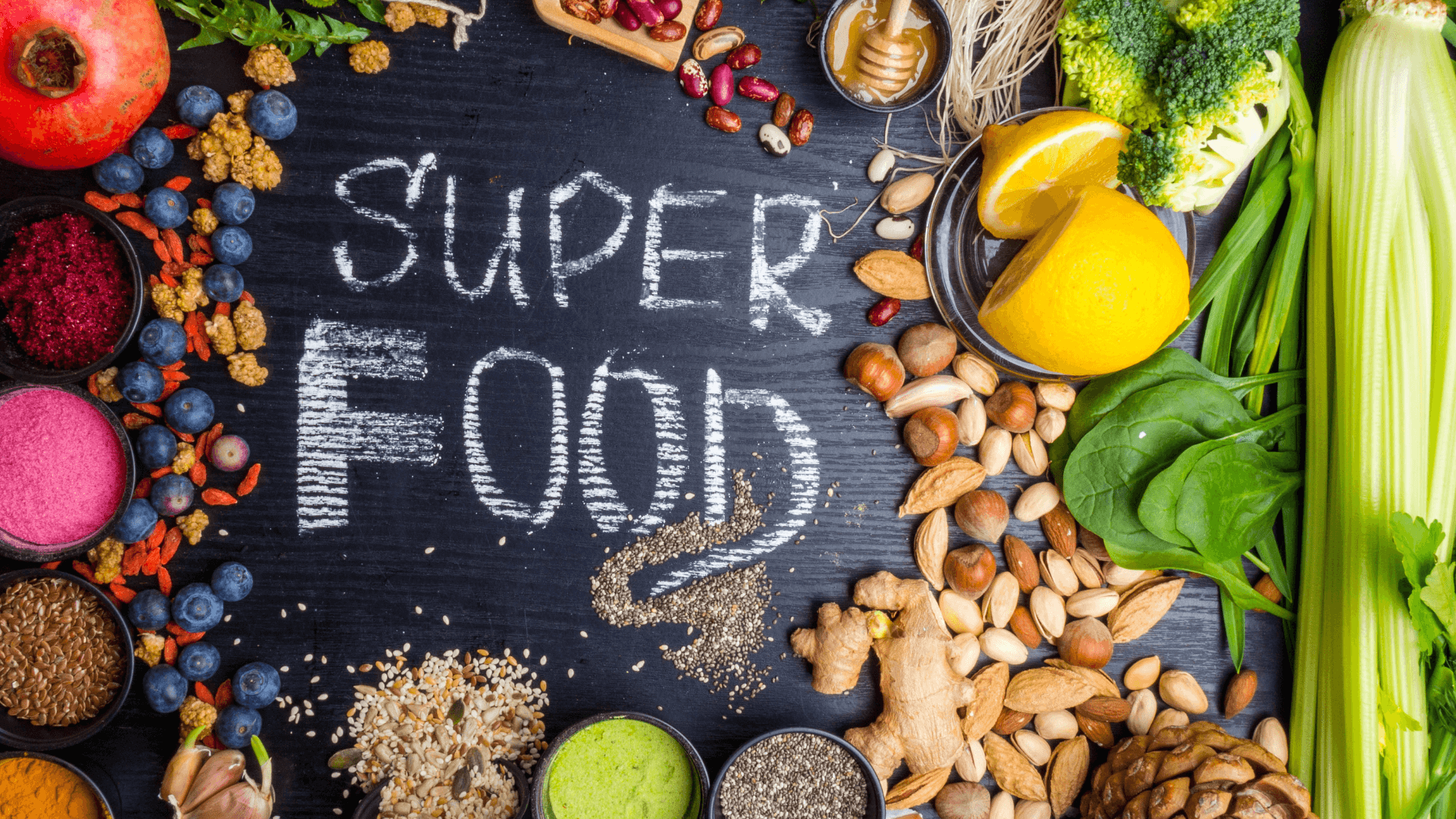Have you ever wondered if eating only plants can keep you healthy and strong? Maybe you’ve seen more people choosing plant-based foods at the grocery store, or perhaps your friend has started eating more vegetables and less meat. You might be curious about whether this way of eating is good for your body. Well, you’re not alone! More and more people around the world are becoming interested in plant-based diets. Some choose it because they love animals, others because they want to help protect our planet, and many because they want to be healthier.
Let’s explore this exciting topic together! In this article, we’ll learn everything you need to know about plant-based diets in simple, easy-to-understand terms. We’ll discover what foods you can eat, how they help your body, and how to make sure you’re getting all the nutrients you need to grow strong and healthy.
Table of Contents
- What Is a Plant-Based Diet?
- The Benefits of Eating Plant-Based
- Important Nutrients in Plant-Based Diets
- But What About Protein?
- Challenges and How to Overcome Them
- Simple Meal Planning Tips
- Common Plant-Based Foods to Try
- Healthy vs. Unhealthy Plant-Based Diets
- Getting Started with Plant-Based Eating
- Conclusion
What Is a Plant-Based Diet?
A plant-based diet means eating foods that come from plants. Think of all the colorful fruits and vegetables, nuts, seeds, beans, and grains. It’s like having a rainbow on your plate! Some people who follow a plant-based diet might still eat a little bit of animal products, while others (called vegans) don’t eat any animal products at all.
The Benefits of Eating Plant-Based
Eating lots of plants can make your body super happy! Here’s why:
- Your heart becomes stronger because plants have less unhealthy fats that can clog your blood vessels. It’s like keeping the pipes in your house clean so water can flow freely!
- Your body gets better at controlling sugar levels, which helps prevent a sickness called diabetes. Think of it like having a better thermostat for your body’s energy.
- Plants are full of special substances called antioxidants that protect your body from harm. They’re like tiny superheroes fighting off the bad guys!
- You get lots of fiber, which helps keep your tummy happy and helps you go to the bathroom regularly. Fiber is like a cleaning crew for your insides.
Important Nutrients in Plant-Based Diets
Just like a car needs different types of fuel to run properly, your body needs different nutrients to stay healthy. Here are the most important ones in plant-based diets:
- Vitamin B12: This is like a battery for your body’s energy. Since it mainly comes from animal foods, you might need to take it as a supplement or eat foods with added B12.
- Iron: This helps carry oxygen through your body, like tiny delivery trucks. Plants have iron, but your body needs help to use it. Eating vitamin C foods (like oranges) with iron-rich foods (like beans) helps your body absorb more iron.
- Calcium: This builds strong bones and teeth. You can get it from leafy green vegetables and foods with added calcium, like some plant milks.
- Omega-3 Fats: These are good fats that help your brain work better. You can find them in walnuts, flax seeds, and chia seeds.
But What About Protein?
Many people worry about getting enough protein on a plant-based diet. But guess what? Plants have protein too! Here are some protein-packed plants:
- Beans and lentils: These are protein superstars! One cup of cooked lentils has as much protein as two eggs.
- Nuts and seeds: These make great snacks and are full of protein and healthy fats.
- Tofu and tempeh: These are made from soybeans and can be cooked in many tasty ways.
- Whole grains: Foods like quinoa and oats have protein too!
Challenges and How to Overcome Them
Starting a plant-based diet might seem tricky at first, but don’t worry! Here are some common challenges and how to solve them:
- Challenge: “I don’t know what to cook!”
Solution: Start with foods you already know and like, then slowly try new plant-based recipes. It’s like learning a new game – start with the easy levels first! - Challenge: “My family doesn’t eat plant-based.”
Solution: Start by making plant-based versions of familiar meals. For example, try making tacos with beans instead of meat. - Challenge: “I might not get all the nutrients I need.”
Solution: Eat a variety of colorful foods and talk to your doctor about whether you need any supplements.
Simple Meal Planning Tips
Planning your meals can be fun! Here’s how to make sure you’re getting everything you need:
- Make your plate colorful – try to eat foods of at least three different colors at each meal. Think of it as eating a rainbow!
- Include protein-rich foods at every meal, like beans, lentils, or nuts.
- Don’t forget your leafy greens – they’re like nature’s multivitamin!
- Keep healthy snacks ready, like fruit, nuts, or hummus with vegetables.
Common Plant-Based Foods to Try
Here are some yummy plant foods to add to your meals:
- Fruits: Apples, bananas, oranges, berries – nature’s candy!
- Vegetables: Carrots, broccoli, sweet potatoes, spinach – the more colors, the better!
- Grains: Brown rice, oatmeal, quinoa, whole grain bread
- Proteins: Beans, lentils, chickpeas, tofu, tempeh
- Healthy Fats: Avocados, nuts, seeds, olive oil
Healthy vs. Unhealthy Plant-Based Diets
Just because something is plant-based doesn’t automatically make it healthy. Think about the difference between an apple and apple candy – both come from plants, but one is much better for you! Here’s how to make healthy choices:
Healthy choices include:
- Whole fruits instead of fruit juices
- Whole grains instead of white bread and pasta
- Homemade meals instead of processed vegan junk food
- Water instead of sugary drinks
Getting Started with Plant-Based Eating
Ready to try eating more plants? Here are some easy ways to start:
- Start with one plant-based meal a day, like oatmeal for breakfast.
- Try “Meatless Monday” – make all your meals plant-based one day a week.
- Add an extra serving of vegetables to your usual meals.
- Replace cow’s milk with plant milk in your cereal or smoothies.
- Try new fruits and vegetables – make it an adventure!
Conclusion
Yes, a plant-based diet can be very healthy! The key is to eat a variety of whole plant foods and make sure you’re getting all the nutrients your body needs. Remember, you don’t have to change everything overnight. Start small, learn as you go, and have fun trying new foods!
Talk to your doctor before making big changes to how you eat, especially if you have any health conditions or take medications. They can help make sure you’re getting everything your body needs to stay healthy and strong.

